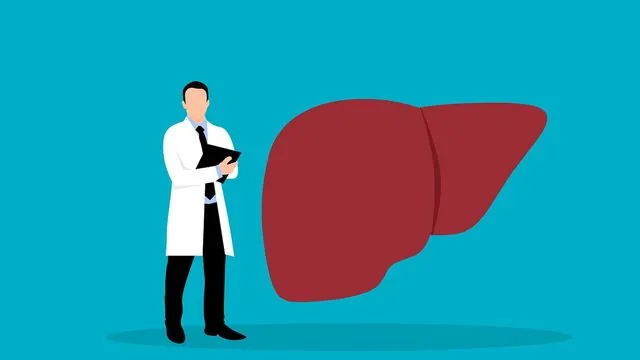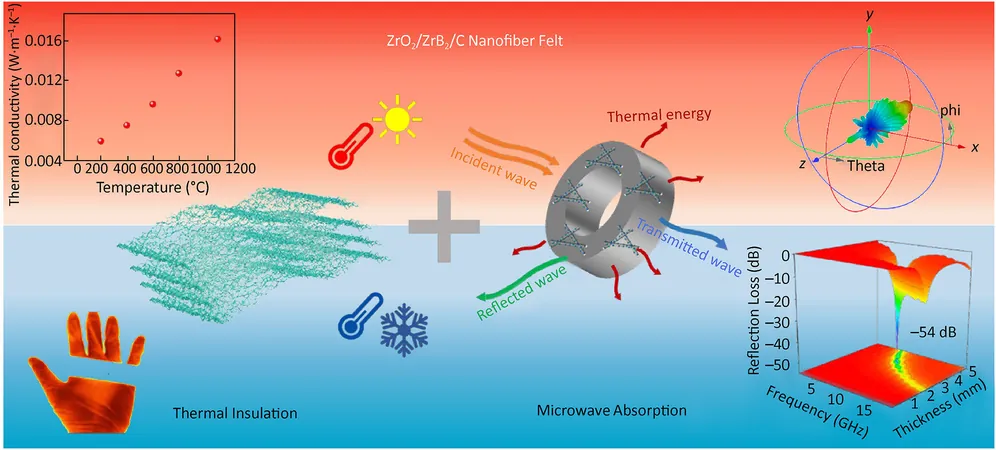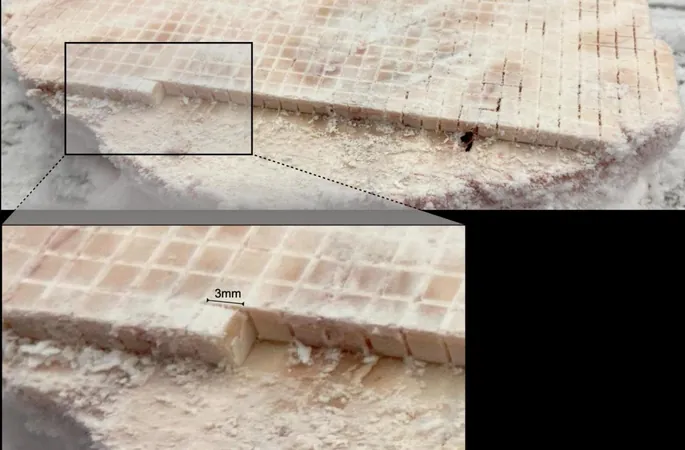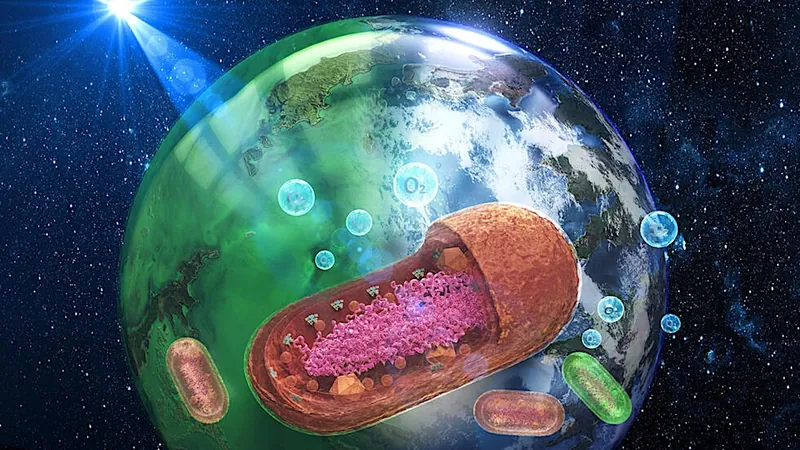
Groundbreaking Discovery: Glutamate Unleashes Liver's Regenerative Superpowers!
2025-03-27
Author: Wei Ling
Groundbreaking Discovery: Glutamate Unleashes Liver's Regenerative Superpowers!
The liver, often dubbed the body's detox champion, plays an essential role in digestion, metabolism, and toxin elimination. One of its most remarkable features is its ability to regenerate, allowing it to replace damaged cells caused by the very toxins it helps clear. Unfortunately, chronic conditions like cirrhosis can hinder this indispensable regenerative capacity, a growing concern linked to unhealthy diets and excessive alcohol consumption.
Activating liver regeneration is now a crucial area of research, especially for patients suffering from severe liver damage or those who have had surgery to remove a tumor. New findings from the National Cancer Research Centre (CNIO), published in the prestigious journal Nature, have unveiled an exciting and previously unknown pathway that may reinvigorate liver regeneration through the power of glutamate.
In a startling revelation described in their study, scientists have shown that glutamate, an amino acid commonly found in nutritional supplements, is crucial for kickstarting liver regeneration just a few minutes following acute liver injury. The team's findings suggest that glutamate supplementation could be a game-changer for those experiencing chronic liver issues or recovering from surgical procedures.
According to lead researcher Nabil Djouder, who heads CNIO's Growth Factors, Nutrients, and Cancer Group, an unhealthy lifestyle can dramatically impact liver regeneration. He explains, “Our results unveil a fundamental mechanism that facilitates liver recovery after acute damage, which could benefit patients struggling with cirrhosis or those requiring partial liver resection.”
The study also introduces a fascinating layer to our understanding of liver regeneration. Previously, it was known that the liver heals through the proliferation of hepatocytes, its primary cell type. Yet, the intricate molecular dynamics underlying this process were a mystery. This novel research illuminates the interaction between the liver and bone marrow, revealing that glutamate acts as a messenger.
When acute liver damage occurs, hepatocytes secrete glutamate into the bloodstream, which then stimulates immune cells in the bone marrow. These immune cells transition into macrophages and journey back to the liver, where they alter their metabolism and release growth factors that promote further production of hepatocytes. This rapid cascade of events presents glutamate as a key player in swift liver recovery—leading Djouder to characterize it as “a new, complex, and ingenious perspective on liver regeneration.”
Furthermore, the study sheds light on the liver's internal organization and coordination during regeneration. It identifies a specific subset of hepatocytes that produce a protein called glutamine synthetase, which maintains glutamate levels. Interestingly, when glutamine synthetase is inhibited, glutamate becomes more abundant, further accelerating liver regeneration during acute injuries.
While most experiments thus far have been conducted in animal models, researchers have cross-referenced their findings with bioinformatics tools and human data. Djouder emphasizes that dietary glutamate supplementation may soon be recommended for patients recovering from liver surgery or those experiencing cirrhosis-related damage.
As the world grapples with rising rates of liver diseases linked to lifestyle choices, this discovery opens exciting new avenues for treatment and prevention. Future research aims to explore glutamate's potential in enhancing recovery for those who have undergone liver surgery for tumors, making this an exciting time for hepatology.
In conclusion, the prospect of leveraging the body’s natural regenerative capability through glutamate supplementation may herald new strategies in combating liver diseases, ensuring that our detox powerhouse can continue to serve effectively. Stay tuned for further developments in this groundbreaking research that could change the way we approach liver health!





 Brasil (PT)
Brasil (PT)
 Canada (EN)
Canada (EN)
 Chile (ES)
Chile (ES)
 Česko (CS)
Česko (CS)
 대한민국 (KO)
대한민국 (KO)
 España (ES)
España (ES)
 France (FR)
France (FR)
 Hong Kong (EN)
Hong Kong (EN)
 Italia (IT)
Italia (IT)
 日本 (JA)
日本 (JA)
 Magyarország (HU)
Magyarország (HU)
 Norge (NO)
Norge (NO)
 Polska (PL)
Polska (PL)
 Schweiz (DE)
Schweiz (DE)
 Singapore (EN)
Singapore (EN)
 Sverige (SV)
Sverige (SV)
 Suomi (FI)
Suomi (FI)
 Türkiye (TR)
Türkiye (TR)
 الإمارات العربية المتحدة (AR)
الإمارات العربية المتحدة (AR)